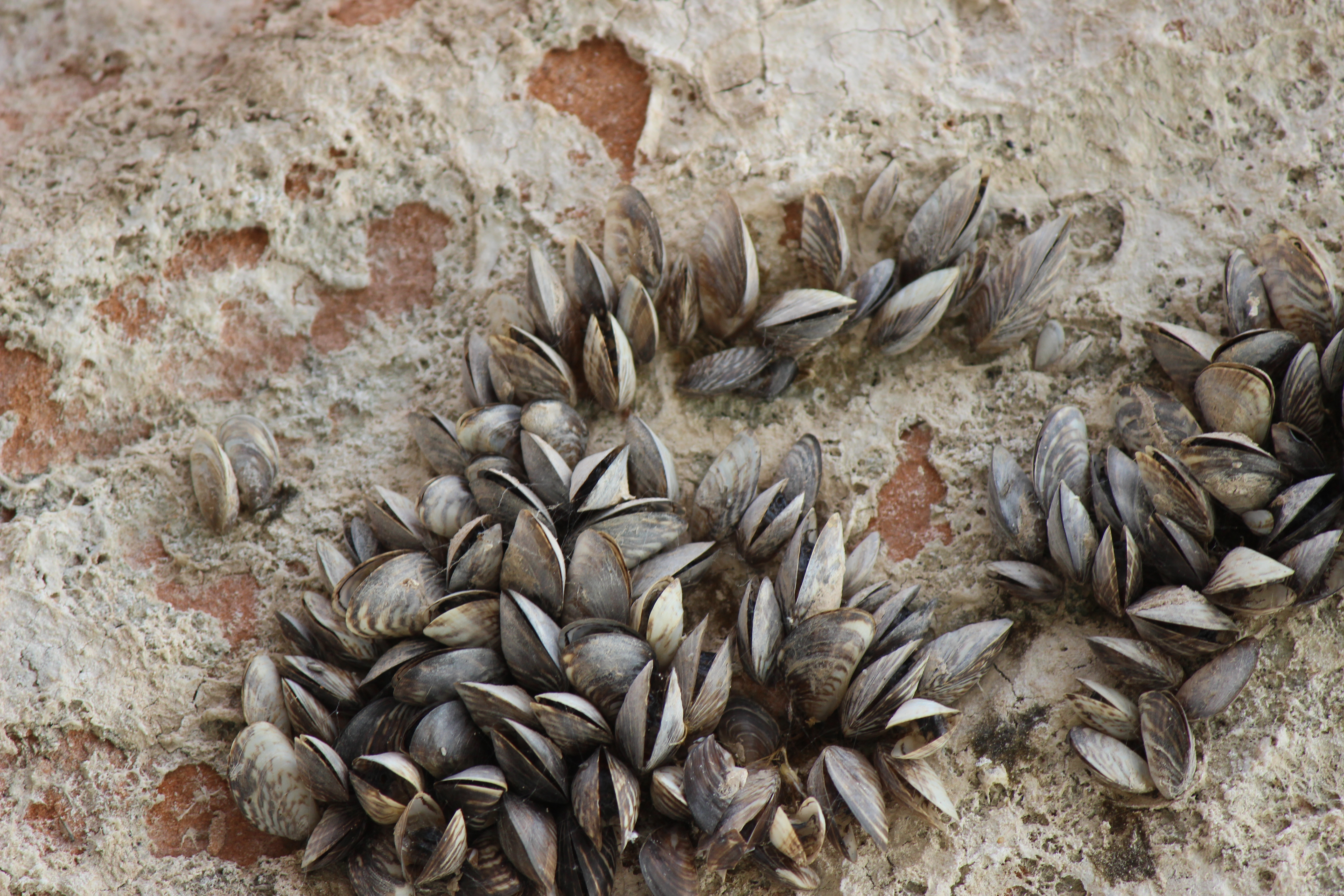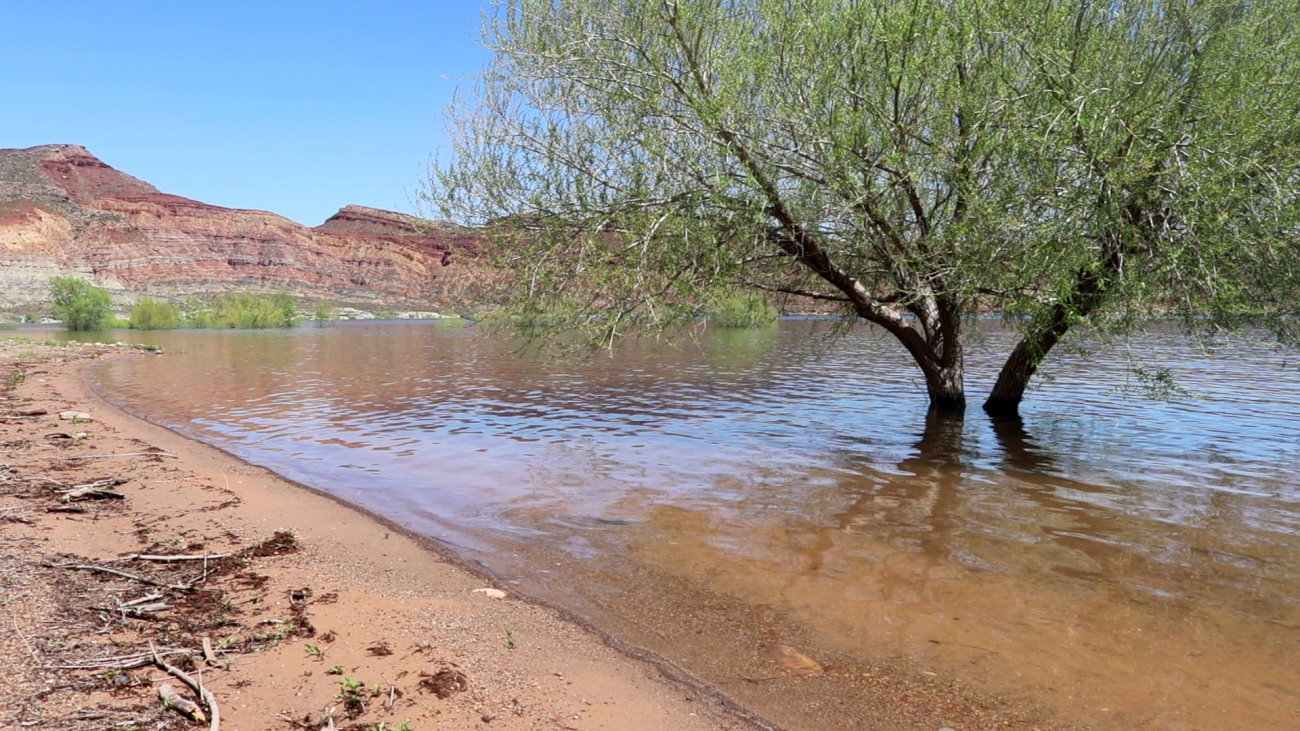ST. GEORGE — The U.S. Army Corps of Engineers has granted Utah a 30-day extension to provide desired documentation and plans related to the Lake Powell Pipeline, according to state water officials.

Last month, the Corps sent a letter to the Utah Division of Water Resources outlining multiple points it would like addressed before allowing the permitting process for the Lake Powell Pipeline to continue. The deadline for those documents had been set for Saturday.
“We have filed an extension with the Army Corps of Engineers, and it was granted,” Karry Rathje, public information manager for the Washington County Water Conservancy District, told St. George News.
While there has been much focus on the Corps’ request for the state’s plans addressing the quagga mussel infestation at Lake Powell, it is just one of 13 items on the Corps’ list.
Other items include:
- Documentation making sure the Federal Energy Regulatory Commission, which has been overseeing the permit process, has done its own due diligence in complying with a plethora of federal requirements.
- Examination of Lake Powell Pipeline alternatives.
- Details about how the state plans to minimize the impact the pipeline may have on wildlife, ecology and waterways along its projected route.
Quagga mussels are seen as one potential threat to the pipeline, as they reproduce quickly and clump together, which can damage water infrastructure and negatively impact the ecosystem.
Read more:
- Army Corps of Engineers wants quagga plan before permitting Lake Powell Pipeline
- Officials: Plan for quagga mussels just part of process for Lake Powell Pipeline
While state and local water officials have called the Corps’ request for documentation business as usual in regard to the permitting process for the pipeline, opponents, such as those with the Utah Rivers Council, have called it a “major setback.” The Corps could potentially withdraw the state’s application for the pipeline if it is not satisfied with the state’s response.

However, the Corps noted in its letter that having an application withdrawn “does not preclude you from submitting the requested information, including any additional information you want us to consider, at a later date. In that event, we can reactivate and continue processing your application.”
The 140-mile, 70-inch diameter Lake Powell Pipeline would run from Lake Powell to Sand Hollow Reservoir with a projected route that snakes across the Utah and Arizona border over public and private land. The pipeline is estimated to be capable of carrying around 77 million gallons per day to 13 communities in Kane and Washington counties.
State and local elected officials have repeatedly said the additional water the pipeline would bring to Washington County is needed to help accommodate the area’s continuing growth. It would also provide a secondary source of water, as the county currently relies on the Virgin River basin as its primary water supply.
Still, opponents aren’t convinced of the touted need for the pipeline. They argue that Washington County has enough water and should focus on conservation; the Colorado River isn’t a reliable water resource long term and is already overtaxed; and the cost of the pipeline project is astronomical, which could cripple the local economy with high impacts fees, property taxes and water rates.
Email: [email protected]
Twitter: @MoriKessler
Copyright St. George News, SaintGeorgeUtah.com LLC, 2019, all rights reserved.